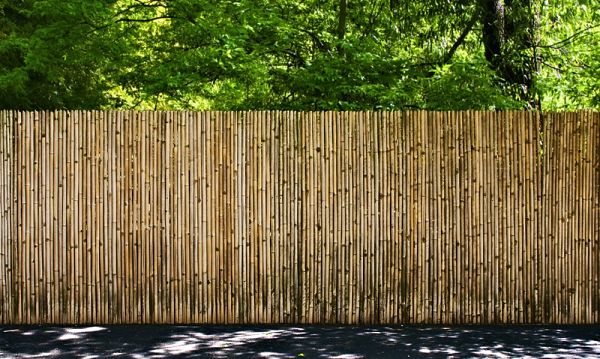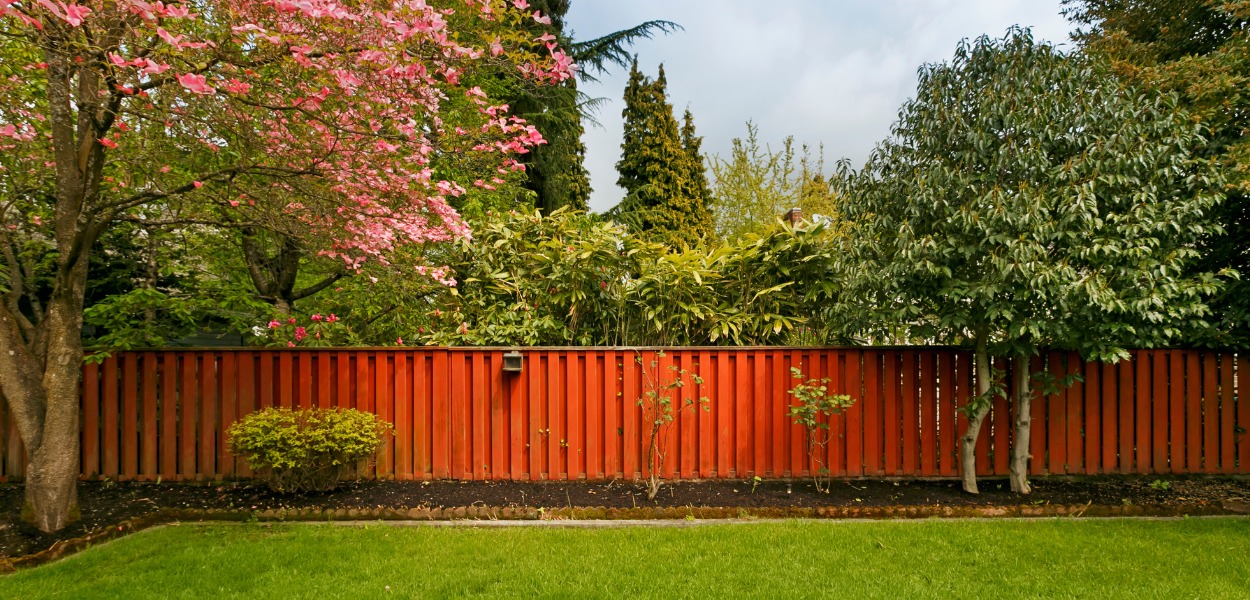All Categories
Featured

When mounting a fence, picking the right material is crucial to stabilizing capability, aesthetic appeals, and budget plan. Timber, plastic, and aluminum are among the most typically selected fencing products, each with its strengths and disadvantages. This overview checks out the pros and disadvantages of these alternatives to help you make an informed choice.

Wood Fencing. Pros:. Natural Appeal: Wood's ageless charm can boost any type of building with its cozy and traditional appearance. Personalized: You can paint, tarnish, or sculpt timber to fit your design preferences. Inexpensive: Timber secure fencing is originally a lot more economical contrasted to a few other materials. Eco-friendly: As a sustainable source, wood is naturally degradable and commonly thought about environment-friendly. Disadvantages:. Maintenance-Intensive: Regular securing, paint, or discoloration is needed to stop damage from weather and bugs. Prone to Decay: Without appropriate treatment, timber can rot, warp, or split in time. Shorter Life expectancy: Usually, wood fencings last 10-15 years, depending on the sort of wood and upkeep. Timber is a fantastic option for those that value appearances and want to purchase routine upkeep to preserve its appearance and longevity.
Plastic Secure Fencing. Pros:. Reduced Maintenance: Plastic requires marginal care-- simply periodic cleansing with soap and water. Weather condition Resistant: It doesn't warp, rot, or catch insect damages, making it very long lasting in various climates. Longevity: Plastic fencings can last 20-30 years with little to no repair services. Style Range: Available in a broad variety of colors, styles, and structures, including wood-like appearances. Cons:. Greater Initial Cost: Vinyl fences are much more expensive upfront contrasted to wood. Susceptability to Cold: In incredibly winter, plastic can come to be vulnerable and fragile to cracking. Minimal Repair Work Options: Matching replacement panels can be testing if damages occurs. Vinyl fencing is optimal for homeowners searching for a durable, low-maintenance option that offers contemporary adaptability.

Light Weight Aluminum Secure Fencing. Pros:. Rust-Proof: Aluminum withstands corrosion, making it an outstanding choice for wet or moist settings. Sturdy: Despite being lightweight, aluminum is strong and can withstand severe climate condition. Low Upkeep: It needs marginal maintenance, typically just occasional cleaning. Long Life-span: Aluminum fencings can last decades without significant deterioration. Classy Style: Typically used for ornamental objectives, light weight aluminum fencing includes a streamlined, advanced appearance to residential properties. Cons:. High Initial Investment: Aluminum fences are amongst the more expensive options on the market. Less Privacy: The open styles usual with light weight aluminum secure fencing don't supply much privacy. Prone to Damage: While sturdy, light weight aluminum can dent if hit with sufficient force. Aluminum is an excellent choice for house owners prioritizing aesthetic appeals and toughness without requiring much upkeep.
Making Your Choice. When making a decision between light weight aluminum, timber, or vinyl fence, consider your priorities:
Wood matches those that appreciate an all-natural appearance and don't mind placing in upkeep initiative. Vinyl is the very best choice for those seeking a low-maintenance, weather-resistant service. Aluminum provides smooth design and lasting longevity yet may lack personal privacy. By meticulously assessing these products' features, you can pick a fencing that matches your residential property while meeting your functional and visual demands.
Latest Posts
Do-It-Yourself Metal Roof Installation: Everything You Need to Know
Published Jan 20, 25
2 min read
Full Circle Marketing: Elevate Your Digital Marketing Game
Published Jan 20, 25
1 min read
Full Circle Marketing: Transforming Businesses Today
Published Jan 20, 25
2 min read